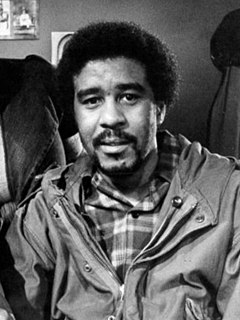A Quote by Rush Limbaugh
We've always had the blame-America crowd. We've always had the hate-America crowd. But we've now had at least two generations of education where this has been indoctrinated into the young skulls full of mush of young people. They've heard how horrible America was back in the days of slavery. They've heard how horrible America treated women. They've heard how horrible every minority group was treated. They've heard how mean-spirited the founders were. They've heard all kinds of literal lies.
Related Quotes
Often Americans have heard Donald Trump be very hard on China. But that's not how it's heard over there. In China, his message is being interpreted as the sound of an exhausted America, an America that is seeking to withdraw from its commitments to NATO, to holding up, for instance, human rights around the world.
I read the story and reread the story, but I still could not find the universality that the little Irishman had spoken of. All I saw in the story was some Irishmen meeting in a room and talking politics. What had that to do with America, especially with my people? It was not until years later that I saw what he meant ... I began to listen, to listen closely to how they talked about their heroes, to how they talked about the dead and how great the dead had once been. I heard it everywhere.
Grandmother pointed out my brother Perry, my sister Sarah, and my sister Eliza, who stood in the group. I had never seen my brother nor my sisters before; and, though I had sometimes heard of them, and felt a curious interest in them, I really did not understand what they were to me, or I to them. We were brothers and sisters, but what of that? Why should they be attached to me, or I to them? Brothers and sisters were by blood; but slavery had made us strangers. I heard the words brother and sisters, and knew they must mean something; but slavery had robbed these terms of their true meaning.
My father had the most horrible racist rhetoric you ever heard, but he treated people all the same. I remember this rainstorm. A car broke down with these black people in it, and nobody would stop. My dad was a mechanic. He fixed the car for nothing. I remember looking at him when he got back in. He said, 'Well, they got those kids in the car.'
I had often heard Mentor say, that the voluptuous were never brave, and I now found by experience that it was true; for the Cyprians whose jollity had been so extravagant and tumultuous, now sunk under a sense of their danger and wept like women. I heard nothing but the screams of terror and the wailings of hopeless distress. Some lamented the loss of pleasures that were never to return; but none had presence of mind either to undertake or direct the navigation of the menaced vessel.



































